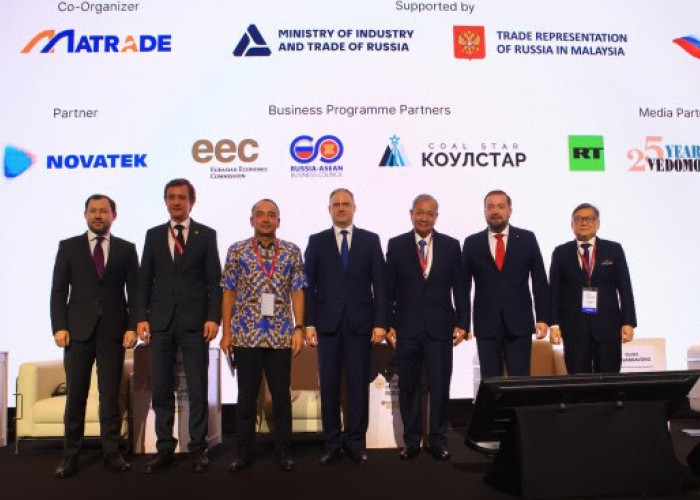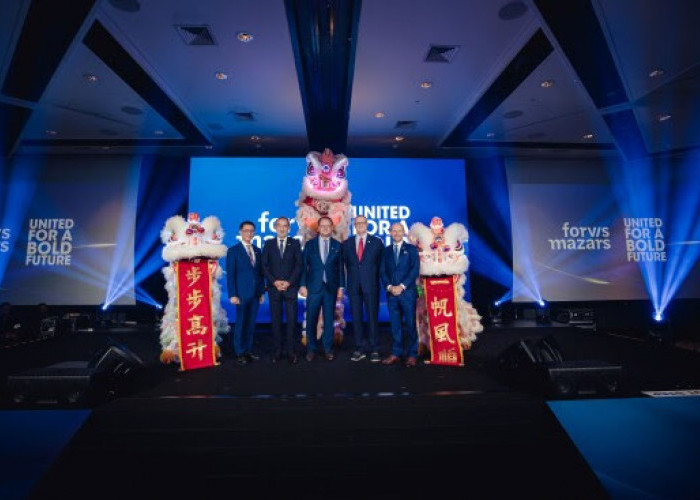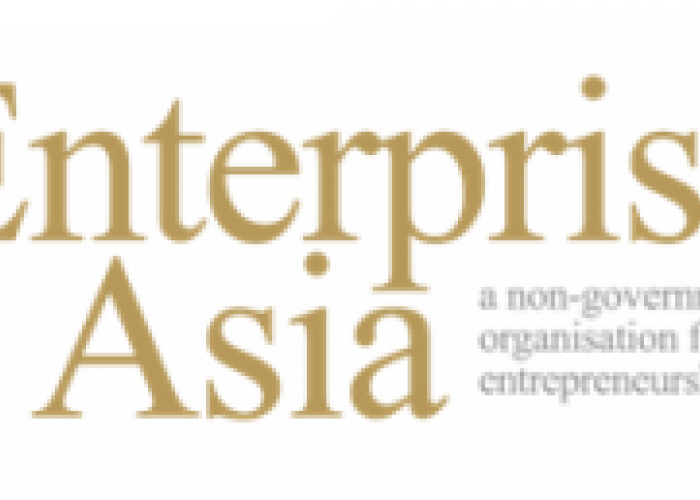New data reveals slow progress on deforestation in Southeast Asia

New data from the Accountability Framework initiative (AFi)--
SINGAPORE, Radarseluma.Disway.Id, - New data from the Accountability Framework initiative (AFi) and CDP shows that achievement of deforestation- and conversion-free supply chains is possible, but still uncommon around the world.
BACA JUGA:Fortuner GR Sport Mobil Mewah Terbaru Memiliki Fitur Sistem Otomotif Canggih Desain Lebih Keren
BACA JUGA:Tabel Jadwal Pendaftaran CPNS 2024 Beredar! Simak Selengkapnya
The AFi and CDP examined hundreds of company disclosures and revealed their findings in Time for Transparency. The report provides the first clear and quantitative look at the extent to which major companies have been able to eliminate deforestation from their supply chains.
Based on disclosures made last year through CDP, eight companies in Southeast Asia say they have achieved at least one deforestation and conversion-free commodity supply chain, based on a high-quality disclosure. Those supply chains are two for timber products, five for palm oil, one for soy, and one for cocoa.
Of 37 companies in Southeast Asia that reported on their management of deforestation during the previous year, only 21 companies disclosed information through CDP in response to questions on deforestation and conversion-free supply chains. Of these, 10 companies made a high-quality disclosure, reporting that at least one of their commodity supply chains was less than 90% free from deforestation and conversion.
"We recognise that over half of companies located in Southeast Asia were transparent about the extent to which their supply chains are free from deforestation and conversion," said Tomasz Sawicki, Head of Land, CDP. "But the analysis shows that the number of disclosures from the region is still low and that that the majority of companies remain far from achieving deforestation- and conversion-free supply chains by 2025, which is the immediate target."
Sumber:














